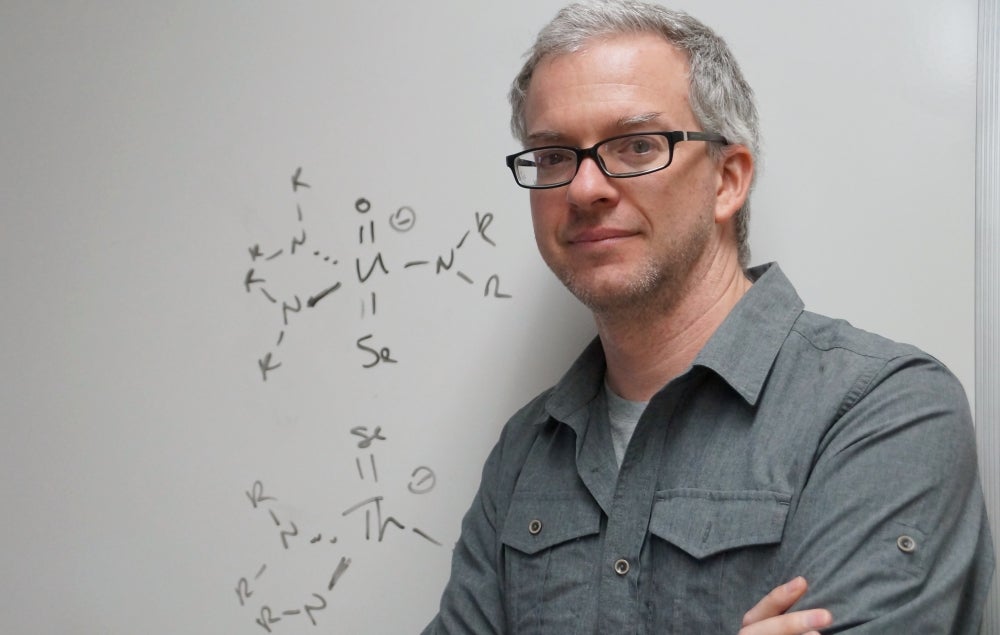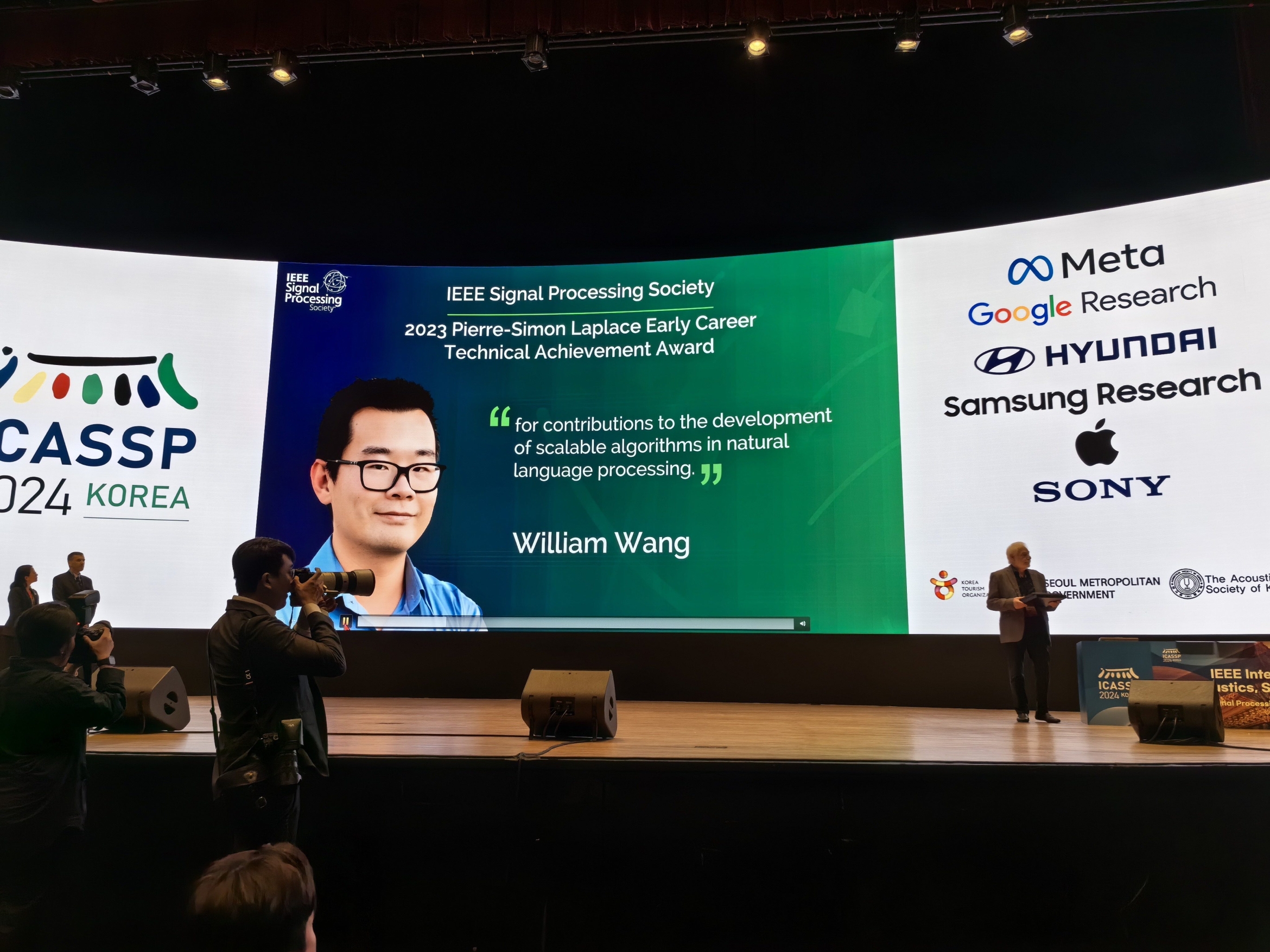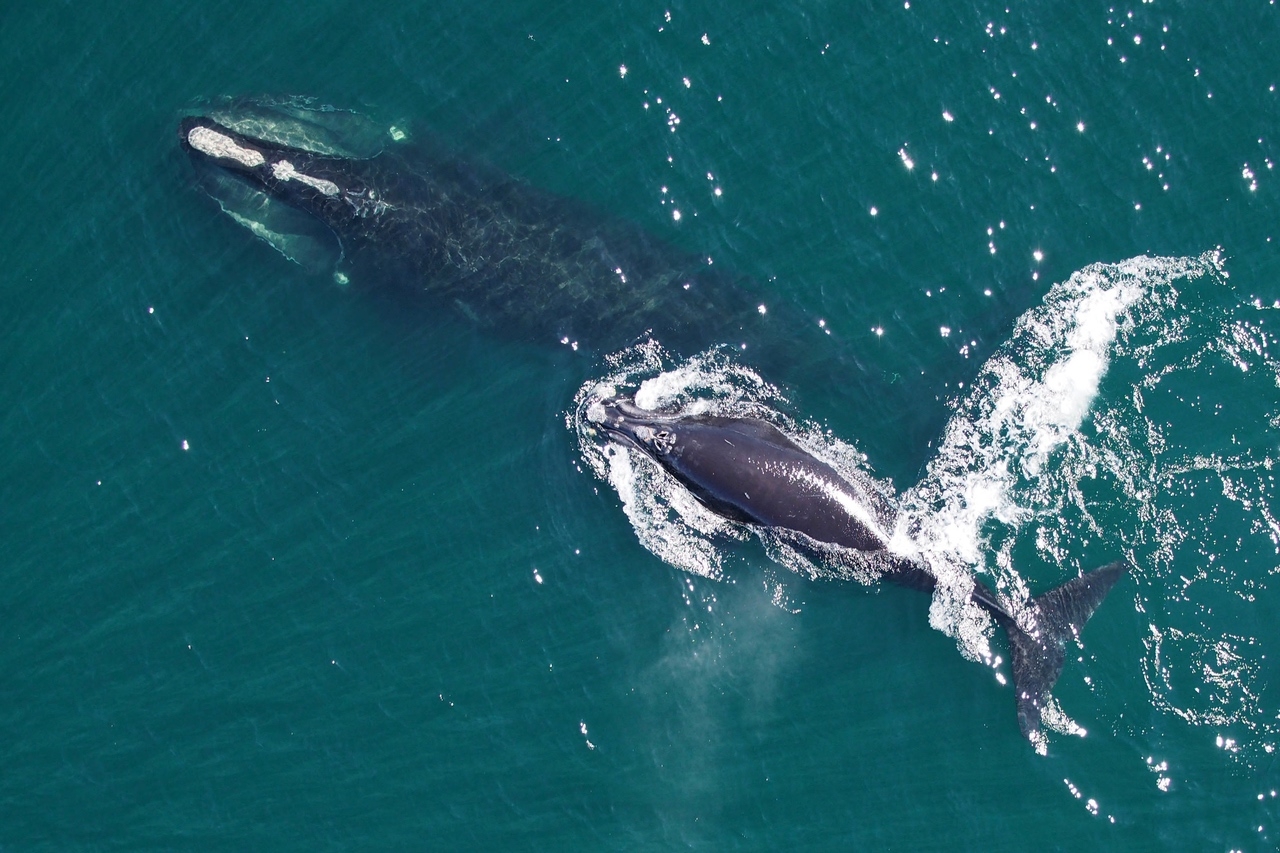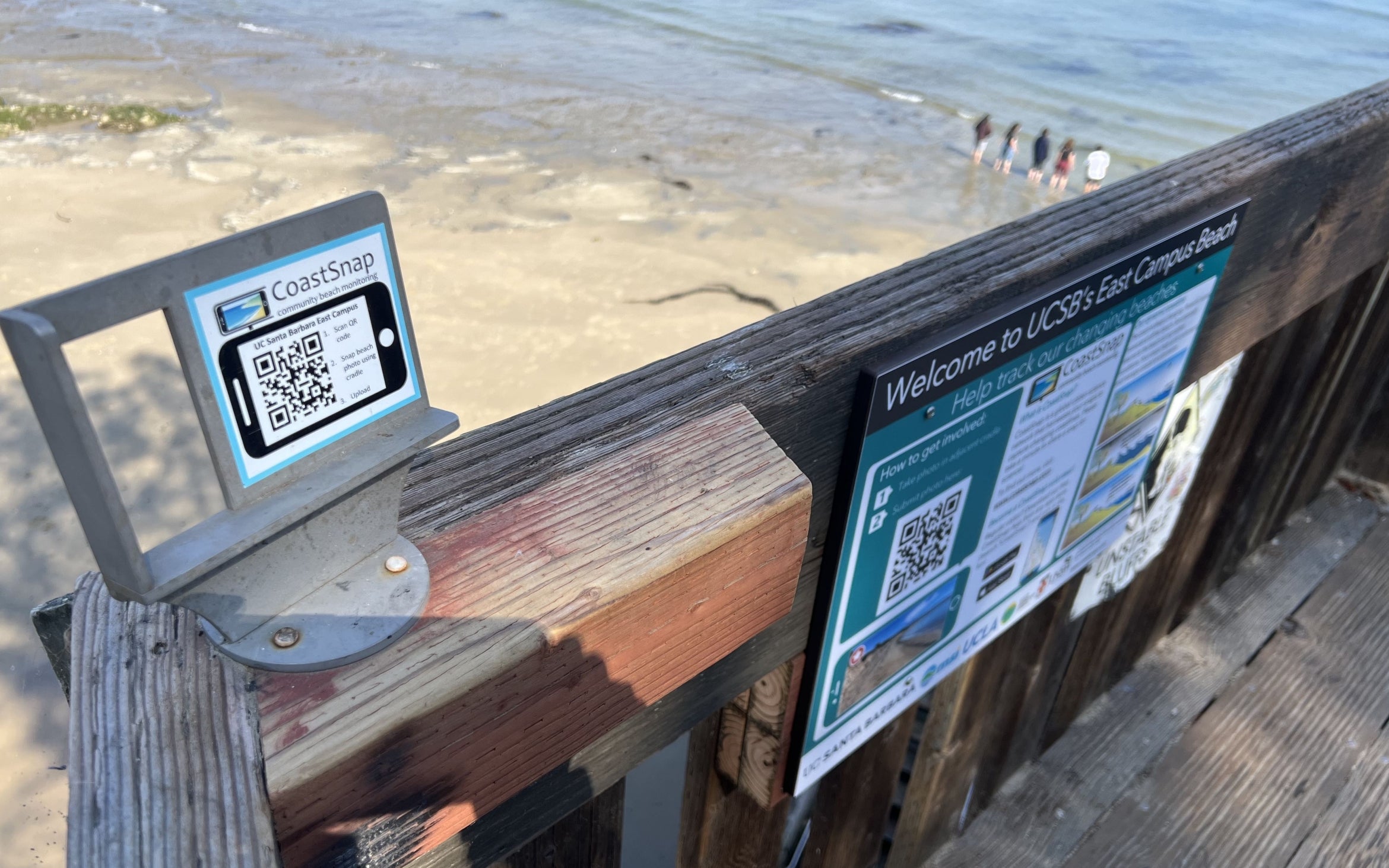
Transformations Demystified
A wealth of potential exists in inorganic synthesis for the development of advanced materials that can perform sophisticated functions and drive complex processes. Researchers have long been developing a body of knowledge to map these chemical reactions and predict their results. Particularly in the relatively new subdiscipline of nanocluster synthesis, a little less guesswork could go a long way.
“Greater predictability would allow for the targeted synthesis of materials with tailored properties,” said Trevor Hayton, a professor in the UC Santa Barbara Department of Chemistry and Biochemistry, a specialist in, among other things, the chemistry of nanoclusters — tiny aggregations of metallic elements that have desirable optical and chemical properties, and the chemistry of actinides. Among the most well-known of these rare, often unstable radioactive elements are uranium and plutonium.
At the moment, targeted nanocluster synthesis “is nearly impossible to achieve,” according to Hayton. However, he and his group have made great strides toward a better understanding of nanocluster synthesis, with efforts that will boost the future development of high-tech materials.
“With respect to nanochemistry, we have started to unravel the self-assembly ‘rules’ of nanocluster synthesis,” Hayton said. “Knowing these rules will enable the development of nanoclusters for a variety of catalytic and optoelectronic applications.”
The Hayton Group also has pioneered the use of nuclear magnetic resonance — familiar to most as the technology behind medical magnetic resonance imaging scans — to measure orbital interactions in uranium. “The collection of this fundamental data will ultimately underpin the development of new methods for nuclear fuel cleanup,” he said.
For these accomplishments and others, Hayton has now been recognized with a prestigious Friedrich Wilhelm Bessel Research Award from the Alexander von Humboldt Foundation.
“I’m delighted to hear that Professor Trevor Hayton has been elected a recipient of the Humboldt Foundation’s Bessel Award for his early career research achievements, including research on transition metal complexes and actinide systems,” said UC Santa Barbara Chancellor Henry T. Yang. “This prestigious award will provide him with unique opportunities to collaborate with leading scientists in Germany and will help to advance his groundbreaking research. On behalf of our campus, I extend my hearty congratulations to Professor Hayton and join in thanking the Humboldt Foundation for their work to promote international scientific cooperation and for this recognition of vital research being conducted at UC Santa Barbara.”
“I am overjoyed,” said Hayton, who was nominated for the award by Gerhard Erker of Westfälische Wilhelms-Universität Münster in Germany. Erker’s research centers on organometallic and organic chemistry. “It is an incredible honor to be chosen,” Hayton added.
Recognized for their outstanding research record, winners of the Bessel Award are and invited to spend a period of up to one year collaborating on a long-term research project with specialist colleagues at a research institution in Germany. Hayton will receive €45,000 (about $51,000) for travel and to carry out his research.
“I hope to develop new main group compounds that catalyze the reduction of nitrous oxide, an important greenhouse gas,” Hayton said of his research plans to be supported by the Bessel Award. “Typically, the reduction of nitrous oxide requires a precious metal catalyst.” By using an inexpensive and far more abundant main group element to catalyze this reaction instead, Hayton explained, “we can potentially bring down costs and reduce the amount of nitrous oxide released into the environment.”
Joining the UC Santa Barbara faculty in 2006, Hayton received his Ph.D. in chemistry in 2003 from the University of British Columbia. He is the recipient of several honors, including a 2010 Sloan Fellowship.
The Germany-based Humboldt Foundation grants about 20 Friedrich Wilhelm Bessel Research Awards annually to foreign scientists and scholars who are internationally renowned in their field, completed their doctorates fewer than 18 years ago and are expected to continue producing cutting-edge achievements that will have seminal influence on their discipline beyond their immediate field of work.



